6. Frequently Asked Questions
▶>
A Ball Screw is a mechanical linear actuator that converts rotary motion into precise linear motion with minimal friction. It uses a recirculating ball mechanism to reduce wear and increase accuracy, making it ideal for CNC machines, robotics, and other precision applications.
>
Ball Screws are commonly made from alloy steel, stainless steel, or bearing-grade materials such as AISI 52100. Ceramic balls may be used for high-performance applications. These materials offer high strength, wear resistance, and long service life.
>
Ball Screws are widely used in CNC machinery, precision machine tools, medical equipment, aerospace actuators, and industrial automation systems due to their high efficiency and positional accuracy.
>
Ball Screws provide high efficiency (up to 90%), minimal friction, low backlash, and excellent accuracy. These features make them ideal for precision positioning and load-carrying applications.
>
Proper maintenance involves regular lubrication, protection against contamination, and periodic inspection for wear, preload, and alignment. Seals or bellows can help prevent dust or debris from entering the mechanism.
>
Common causes of failure include poor lubrication, contamination by dust or debris, misalignment, and excessive loading. Regular preventive maintenance can help mitigate these issues.
>
Yes, Ball Screws can be customized in terms of diameter, lead, preload, material, and length to suit specific application requirements. Custom end machining and surface coatings are also available.
>
Preload is an internal force applied between the ball nut and screw to eliminate backlash and improve rigidity. It enhances positional accuracy and stability, especially in high-precision applications.


